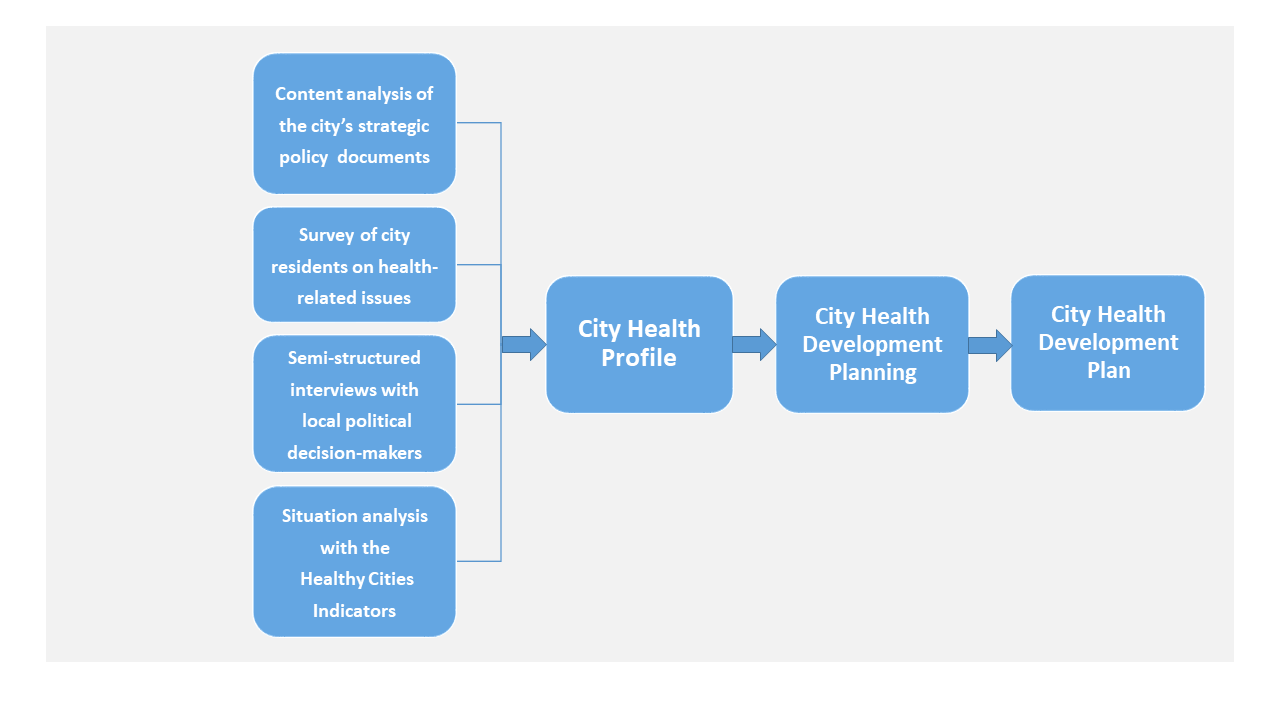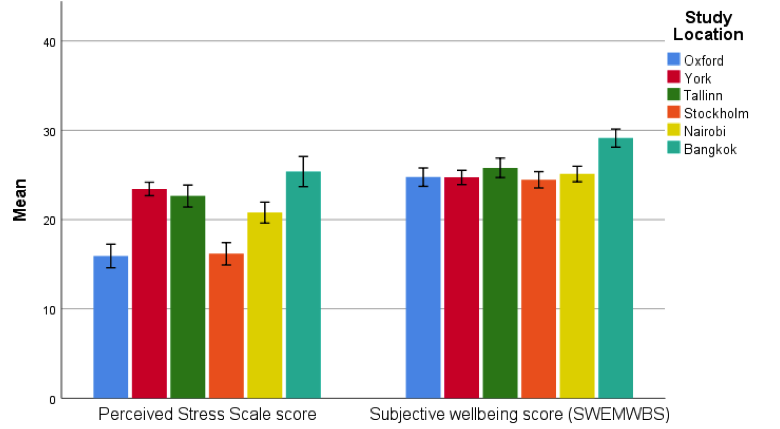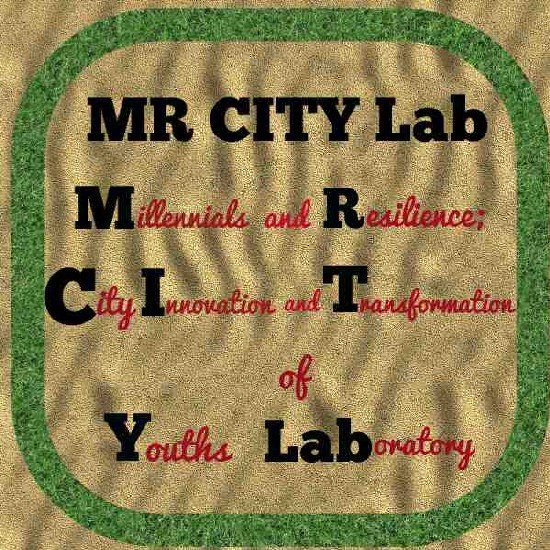City Know-hows

Let’s make our cities health-supporting settings! Hungarian members of the WHO European Healthy Cities Network have developed a city health planning methodology based on two decades of fieldwork. It offers a solution for health experts and decision-makers to bridge the gap between local health needs and challenges in implementing community health initiatives.
Share
Target audience
Political decision-makers at local level, urban planners, community organisers and neighbourhood development practitioners.
The problem
Urbanisation causes many health, social, and environmental issues in cities to get worse and remain unresolved. This problem is also manifest in the rise in the number of non-communicable diseases related to lifestyle. A further hardship is the lack of involvement of local communities in the majority of local health-related initiatives. In addition, where health promotion programmes have been launched, they have tended to be short-term initiatives rather than medium-term or even long-term programmes.
What we did and why
We have collected the difficulties that the Hungarian member cities of the WHO European Heathy Cities Network (WHO-EHCN) have encountered in the planning and implementation of community health-related initiatives at the local level. Then, using the tools and techniques recommended by the WHO-EHCN, we have developed a methodological framework that could help overcome the obstacles caused by primarily the sectoral approach to issues and the pursuit of quick, flashy, and well-publicized victories.
Our study’s contribution
Through our work, we identified the crucial preconditions for implementing successful setting-based health promotion initiatives in urban environments. In addition, we learnt about how a tailored health plan that aligns with local decision-making structures can be developed, fostering the ‘Health in All Policies’ concept. Our approach can help ensure that health considerations are integrated into various aspects of city planning, promoting a holistic approach to urban development.
Impacts for city policy and practice
Decision-makers can gain an advantage, as this health planning method encourages the development of healthy public policies at the local level. This not only addresses health challenges but also contributes to overall well-being and sustainable development within the community. Moreover, our methodology supports high-quality planning processes and objectives. Decision-makers benefit from having access to a team of experts proficient in managing and developing their ‘City Health Development Plans’. This expertise enhances the likelihood of successful implementation and outcomes.
Further information
Full research article:
City health development planning – experiences from the Hungarian members of the WHO European Healthy Cities Network by János Girán, Zsuzsanna Nagy, Mária Miklóssyné Bertalanffy, Annamária Östör and Antonio De Blasio
Related posts


The epigenome may provide a necessary link to advance knowledge of the biological pathways underlying the urban environmental impact on cognitive impairment and neurodegenerative disease risk. Broadening understanding of these pathways will help fuel multi-sectoral collaboration with decision makers to advance urban environmental health for human cognitive benefit.

Going by the current trends of urbanisation in Africa, it is necessary to seek new ideas to improve ecology, human health, and well-being. ‘MR CITY’